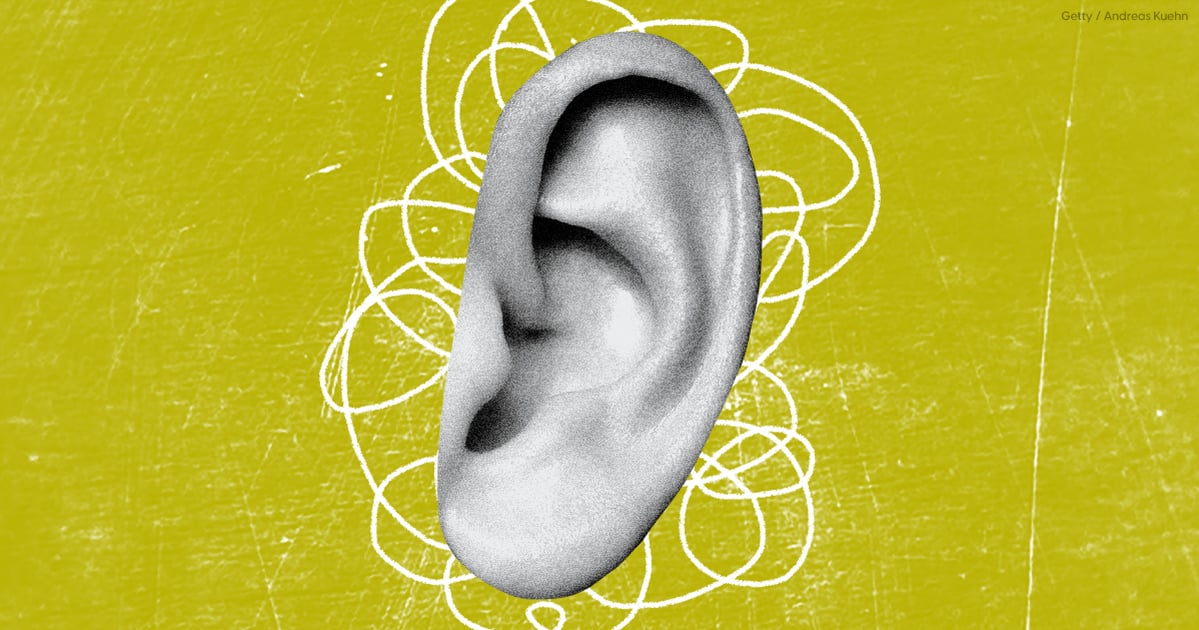Side-hustling. Habit-stacking. Time-hacking.
There is a lot of chatter online about raising your productivity as a way to fit in extra workouts, build a business, or work on a creative project. While I’m sure advice like “get more sleep,” “get up early to go to the gym,” and “work on your side hustle during your lunch break” are helpful for many people, as the primary parent of a toddler, this kind of advice is at best unhelpful, but can also be downright harmful.
“I’m always left feeling annoyed, upset, and very much like I’m drowning continuously,” Lucy Haven, Little Seedlings founder and a mother of two, tells PS about seeing this kind of advice.
Productivity hacks, typically handed out on social media, via podcasts, and even in person, tend to be offered with the implicit (sometimes explicit) notion that they are universally applicable. The purported uncomplicated nature of these tips is part of the problem.
Just get up earlier. Just plan your time better. Just take a break when you need one.
It’s so simple that surely anyone can do it, if only they try hard enough, if only they want those results enough. But when we are unable to do something that “anyone can do,” we start to internalize that as a personal failing. Rather than dismissing the advice as a poor fit, we tend to blame ourselves.
In 2016, Rachel Levy Sarfin, a writer and editor from Toronto, was a working mom of two kids under four when she signed up for the newsletter of a well-respected life coach, hoping to get some tips. “He would give advice about starting your day with intentionality, by journaling or by working out,” she recalls. “I would read this influencer’s newsletter and feel so angry. What he was saying was completely inapplicable in my situation. How was I supposed to journal or work out if my kids needed me to make them breakfast while my husband got ready for work? I would seethe about it.”
To be fair to the people dishing out this kind of advice: I’m sure it works for them. I’m sure it works for many other people, too. The issue here isn’t whether or not getting up earlier to go for a run, meal-prepping on a Sunday afternoon, or writing your novel on your lunch break can actually help you achieve more. The issue is that, for the primary parents of young children (and for people working with other limitations, like disability or chronic illness, for example), the advice just isn’t applicable.
In framing “universal” advice that doesn’t apply to mothers in actuality, are we telling mothers that they are not of this universe, that they don’t count, and that their needs don’t matter? Or are we telling them that their experience – their inability to execute a productivity “hack” – is just a poor excuse? That they should be able to get a better night’s sleep or accurately time-block their week because it’s easy? That they would, in fact, be able to do it if they really wanted to?
I often see advice to “take five minutes to breathe and meditate when you get stressed”. I’m sure five minutes of breathwork would release some of the tension in the moment, but only if you have access to those five minutes uninterrupted.
When I come home from work on days I do have childcare, my toddler wants me to hold her until bedtime. She rests on my hip while I cook, clings desperately to my shirt when I bend to put her down for a moment, eats her dinner on my lap, even comes to the bathroom with me. On those evenings, she cries if I leave the room.
It doesn’t matter how stressed I am or how much it would help: until she has gone to bed, I don’t have five minutes to meditate.
There was a quote doing the rounds online a few years ago that said, “We all have the same 24 hours as Beyoncé.” It was quickly rebuffed as nonsense: Beyoncé has access to stylists and nannies and assistants and chefs. She is able, essentially, to buy more hours, by outsourcing many of the things that eat up the hours we mere mortals have.
But we often forget the flip side: the baseline number of hours we have available might be 24, but for mothers of young children, almost all of our waking, non-employed hours are eaten up by caring responsibilities.
“No, we don’t have the same hours because most of mine are occupied by taming a toddler.” Jess Rendall, a stay-at-home mom from the UK, says. “If I have the energy, I don’t have the time. If I have the time, I don’t have the energy.”
No amount of planning or time-blocking can stop daycare viruses from ripping through the household every few weeks or halt an irrational toddler tantrum in its tracks. The persistent myth that “anyone can do it” still floats around the back of my mind though, rearing its ugly head in moments when I feel that I’m lagging behind my peers without young children to care for.
Why can’t I keep up?
We know that the comparison trap isn’t good for us, but it’s hard not to fall into feelings of inadequacy when solutions are presented as being for everyone. Mothers end up pushing themselves to work harder and do more in a bid to keep up with people who started the metaphorical race halfway down the track – and burning out in the process.
“I often feel like I’m failing,” Haven says, “like I should be able to manage it all and then left wondering how and why I can’t. It’s easy to forget I’m juggling so much, to forget what I’m achieving and doing so well at, and instead sit wondering if I can in fact have and do it all.”
So how can we make productivity advice work for primary parents of young children, and other people with limitations? First, the acknowledgment that “get up earlier,” “start meal-prepping,” and “take time for yourself” might be helpful advice for some, but they’re not universally applicable. The removal of language that “anyone can do it” would be a step towards inclusivity. But we need more than that.
The productivity hacks that mothers need are systemic: better paid parental leave, quality affordable childcare, and less stigma around fathers who take an active role in parenting would all leave mothers with the time and energy to pursue creative, financial, or wellness goals outside of motherhood.
We also need to recognize that raising children – helping them sleep, eat, and become good people – is productive in itself. There’s a saying in mom circles: “If you want something done, ask a mom.” Mothers get shit done. It’s just not always the shit society perceives as productive.
Zoe Pickburn is a writer, journalist, and essayist exploring topics around motherhood and domestic gender equity. She lives in Yorkshire, UK, with her husband and daughter.



